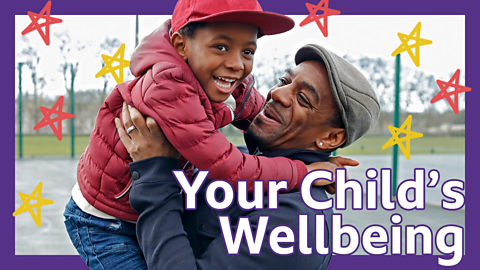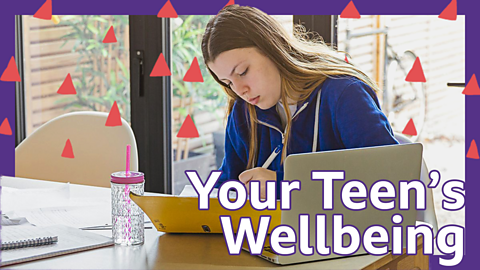By clinical psychologist Anoushka Khan and social worker and play therapist Katherine Mautner
As a parent or carer of a vulnerable child, if you view the end of the school term and the approach of Christmas with trepidation, you're not alone. Looked after or vulnerable children may be feeling the same. Take time to reflect on what the approaching winter break and festivities mean to us all, and how to support one another in finding the best way through them.
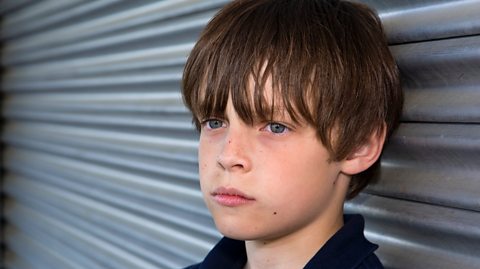
The end of the year tends to be a time for reflection and for looking forward. But it can also bring challenges. It can seem to shine a spotlight on the strengths and weaknesses of family and friends. It may also make us think about what’s missing in our lives. For children who have already faced trauma, it can be a highly emotive time and can have strong associations with the past.
So, as we move through December and towards the winter break, here are some suggestions for creating a sense of safety and continuity for vulnerable children.

1. Connect and communicate
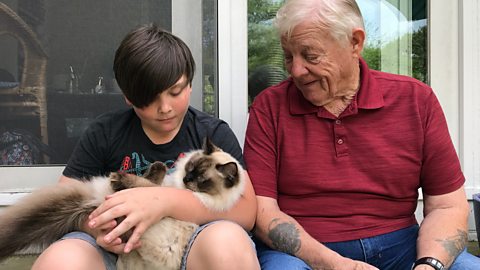
Make space for protected time and shared activities - keep in mind which times of the day or week they seem to be most calm and comfortable. When they're too tired, distracted or stressed, they're going to be harder to connect with.
2. Create sensory comforts
Find ways to help your child connect with times when they felt good. This may include their favourite winter or Christmas memories. For example, fairy lights, dens, smells, tastes, baking, songs. Where possible, share pleasure in these things together.
3. Revisit treasured memories
Talk to your child about their treasured memories, and any festive rituals which they enjoyed. Find ways to make space for this, by looking at photo albums or memory boxes, talking about family stories, and if possible visiting places that have meaning to them. Also, talk about what they've liked best about how you've celebrated Christmas this year - so you can look to the future together and help them make new traditions around Christmas.
4. Help them to feel understood

As you spend time together, pay close attention to your child. They may well be holding on to many challenging emotions which are difficult to express, and noticing this can help a child to make sense of what they’re dealing with.
For help spotting these signs, this article looks at common reactions to stress in children as well as indications of deeper distress.
5. Hold onto the hope
Speak about things we can rely on in the future to build resilience and deal with worries and anxiety in the present. We can still find ways to reassure children and young people. For instance, remind them of a popular activity in school which will start again in the new year.
6. Plan contact with others
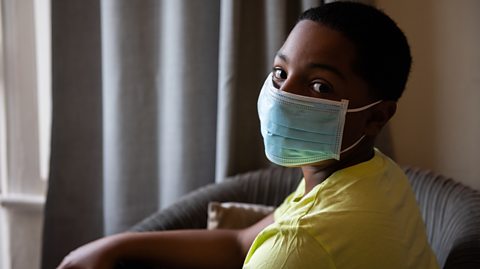
Think ahead with your child to how they'll connect with people - including those they might not be able to visit - particularly if you know they'll be missing close friends or family members. You could create a visual plan of the activities, this might be a calendar or list.
Ways to connect might involve making a short video to show to someone they can't visit a new skill they've learned. Or it may involve sharing a group call or meeting up in the park together.
7. Take care of yourself
Find space for things that make you feel good and stay connected with those you feel close to. If you increase your own sense of safety by talking through difficult feelings with a trusted friend or family member, you will be better able to create a sense of safety for your child.
Time and again, we are reminded that it’s the trusted relationships in our lives which see us through. These can be a lifeline for children who have already faced enormous challenges. In taking the above approaches, you can show that you are there for them. If the losses of their lives weigh heavily, stand by them. Don’t assume you know what they need, but be curious!

Anoushka Khan and Katherine Mautner both work at the Anna Freud Centre.
For further information…
The Anna Freud Centre have further resources for parents and carers here.
Young Minds also have resources for parents here.
And this animation from the UK Trauma Council, a project of the Anna Freud Centre, offers an introduction to what happens in the brain after children face traumatic experiences.

More from BBC Bitesize Parents' Toolkit…
Parents' Toolkit
Fun activities, real-life stories, wellbeing support and loads of helpful advice - we're here for you and your child.

Four steps to chatting with your child about their mental health
Starting a conversation about mental health isn't easy. Especially if your child is reticent to open up. This advice from the charity Young Minds may help.
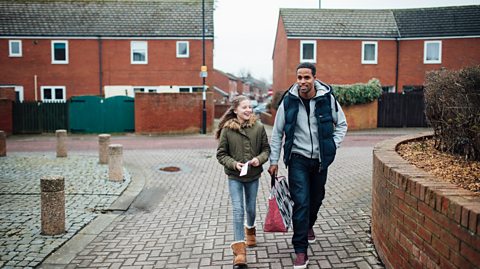
Making a mental health support network to help you & your child
Advice on reaching out for help for you and your child. With tips from mental health charity Young Minds.

Anxiety: How you can help your child - with five simple coping techniques
Clinical psychologist Dr Anna Colton has some easy to use techniques for parents to help their child control anxious thoughts.

